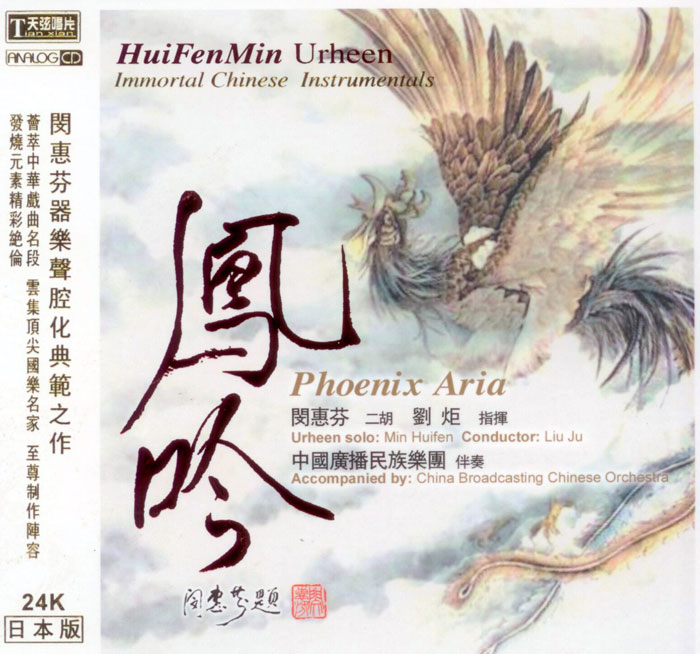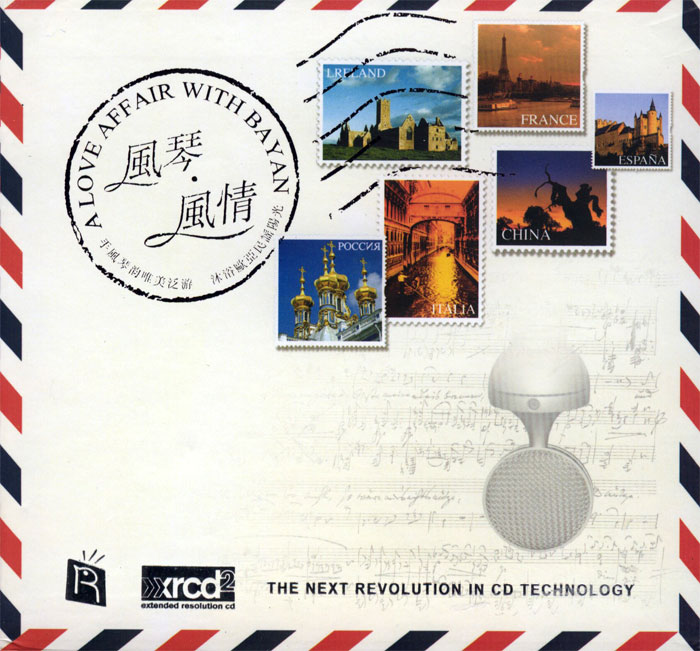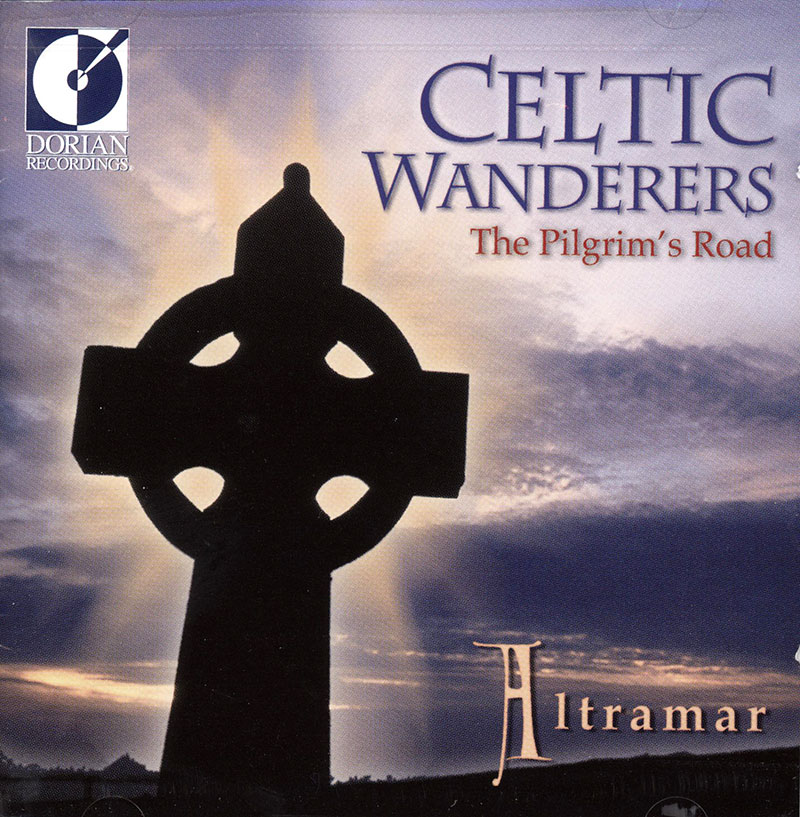Logowanie
Dlaczego wszystkjie inne nie brzmią tak jak te?
SpeakersCorner - OSTATNIE!!!!
RAVEL, DEBUSSY, Paul Paray, Detroit Symphony Orchestra
Prelude a l'Apres-midi d'un faune / Petite Suite / Valses nobles et sentimentales / Le Tombeau de Couperin
Samozapłon gwarantowany - Himalaje sztuki audiofilskiej
PROKOFIEV, Stanislaw Skrowaczewski, Minneapolis Symphony Orchestra
Romeo and Juliet
Stanisław Skrowaczewski,
✟ 22-02-2017
BARTOK, Antal Dorati, Philharmonia Hungarica
Dance Suite / Two Portraits / Two Excerpts From 'Mikrokosmos'
Samozapłon gwarantowany - Himalaje sztuki audiofilskiej
ENESCU, LISZT, Antal Dorati, The London Symphony Orchestra
Two Roumanian Rhapsodies / Hungarian Rhapsody Nos. 2 & 3
Samozapłon gwarantowany - Himalaje sztuki audiofilskiej
Winylowy niezbędnik
ClearAudio
Cartridge Alignment Gauge - uniwersalny przyrząd do ustawiania geometrii wkładki i ramienia
Jedyny na rynku, tak wszechstronny i właściwy do każdego typu gramofonu!
ClearAudio
Harmo-nicer - nie tylko mata gramofonowa
Najlepsze rozwiązania leżą tuż obok
IDEALNA MATA ANTYPOŚLIZGOWA I ANTYWIBRACYJNA.
Wzorcowe
Carmen Gomes
Celebrating the art and spirit of music - vol. 5 - Reference Songs
- CHCECIE TO WIERZCIE, CHCECIE - NIE WIERZCIE, ALE TO NIE JEST ZŁUDZENIE!!!
Petra Rosa, Eddie C.
Celebrating the art and spirit of music - vol. 3 - Pure
warm sophisticated voice...
SAMPLER - STS DIGITAL, Gregor Hamilton
Celebrating the art and spirit of music - vol. 2 - Love songs from Gregor Hamilton
...jak opanować serca bicie?...
SAMPLER - STS DIGITAL
Celebrating the art and spirit of music - vol. 1 - Leonardo Amuedo
Największy romans sopranu z głębokim basem... wiosennym
Lils Mackintosh
Celebrating the art and spirit of music - vol. 4 - A Tribute to Billie Holiday
Uczennica godna swej Mistrzyni
Altramar Medieval Music Ensemble
Salute Deux
- Altramar Medieval Music Ensemble
Ensemble Altramar takes its evocative name from the troubador's Occitan term for the lands of the near East "over the sea." As noted in the group's own publicity, the melting pot of crossing trade routes (not to mention the Crusades) in this region helped enable the rich cultural interchange between East and West in the later Middle Ages. Likewise, this medieval music ensemble embodies cultural interchange: between East and West, between court culture and peasant, between "early music" and world music, from the twelfth century to the twenty-first. Founded in 1991 and based in Bloomington, Indiana, Altramar offers lively and compelling programs of Medieval repertories, seeking to present not only the musical notes, but the entire tapestry of musical experience which irrevocably links song and story, dance and drama. Over its first ten years, Altramar released five recordings on the Dorian label; the spellbinding emotional rhetoric of their live performances, however, cannot be captured on disc. The four members of the ensemble mix vocal and instrumental performance, bringing to their rich collaboaration a varied set of musical experiences. Jann Cosart contributes playing and improvisation upon a variety of bowed string instruments, covering nine centuries of musical styles. Angela Mariani adds vocals and spirited accompaniment on medieval harps and percussion. David Stattelman, trained in the Catholic liturgy, brings a resonant tenor voice and also plays various percussion instruments. Ethnomusicologist Chris Smith sings, recites, and plays instruments from cruit to gittern to oud; his other musical endeavors include an African jazz-band and the Middle Eastern band Taarab. All the instruments played are custom-built for the group in sets matched to the repertory by luthier Timothy G. Johnson. Each of the ensemble's programs takes as its starting point a single medieval repertory or an aspect of medieval cultural experience: the Duecento Italian Lauda (in the programs Nova Stella and St. Francis and the Minstrels of God); the Celtic poetic and musical heritage (Crossroads of the Celts); the interplay of Jewish, Christian, and Muslim influences in medieval Spain (Iberian Garden); the pan-European reactions to Latin as a "common" language and to the concept of the Hero (Fabulae Latinae and The Eternal Hero). As with any re-creation of medieval performance practices, the first element is scholarly research upon the musical and poetic sources; Altramar also carefully considers narrative and iconographical evidence for instrumental forms. To these more traditional and positivist concerns, the members of Altramar bring a fertile interaction with ethnomusicology and oral traditions of improvisation. Above all, their performances bespeak an emotional sincerity and rhetorical power: from the lament on the death of Richard Coeur-de-Lion to the Arabic Zajal of Ibn Quzman, to the Lay of the Forge and the hero Fionn, their performance ethos seeks to recreate not only sound but all the sensual and emotional experience of human culture.

























